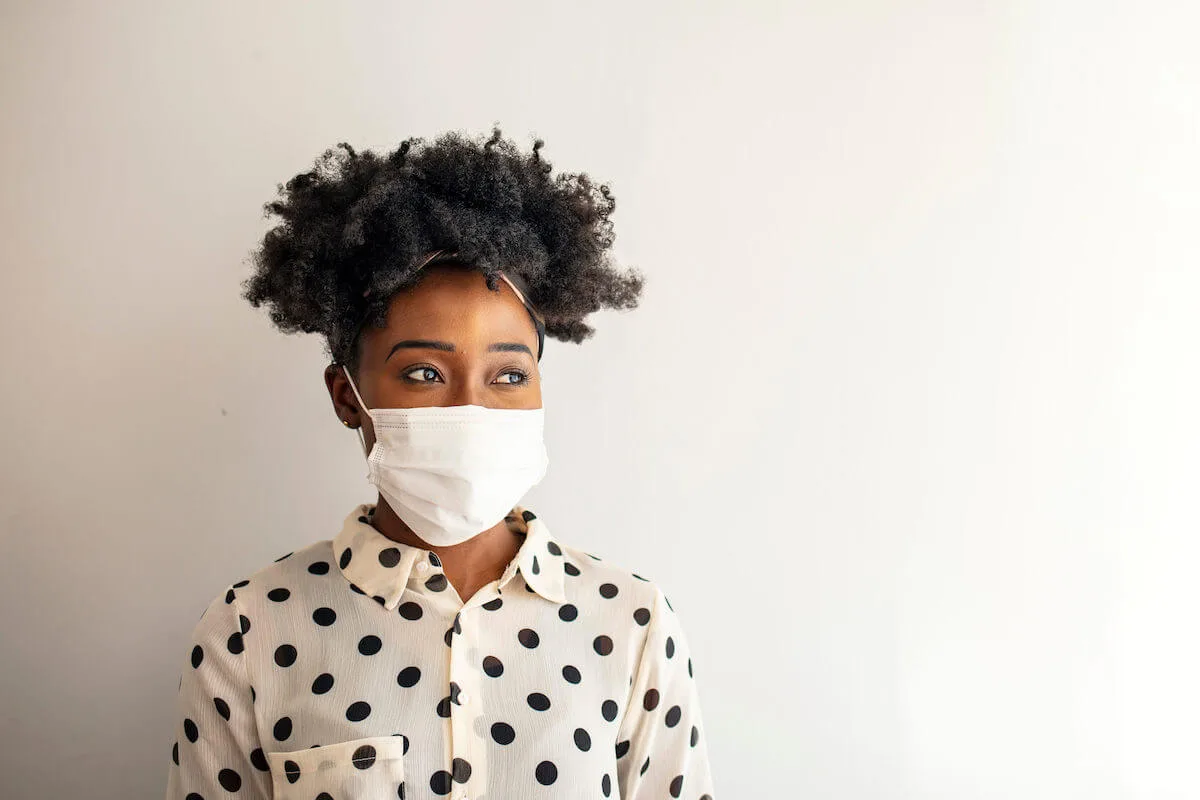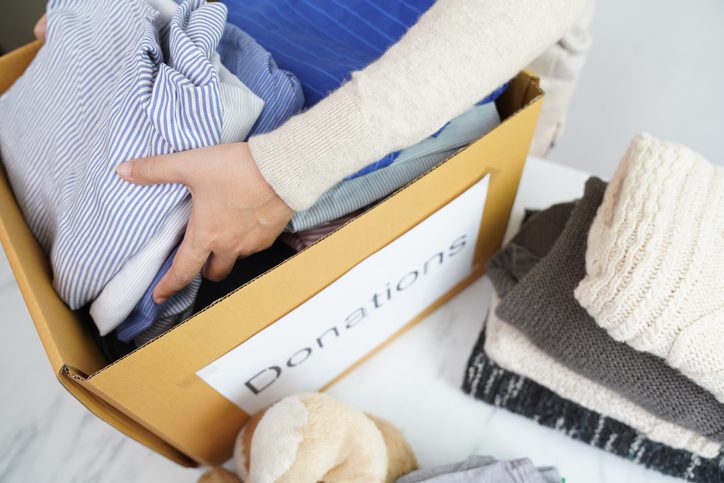
Image via Shutterstock
The effects of environmental, economic, and political discrimination have left African Americans with higher risks of chronic conditions, moving them further down the list of priority patients.
As hospitals encounter a critical shortage of ventilator machines and attendant medical supplies across the nation, medical experts are developing criteria to ration scarce resources and prioritizing who gets top-notch care. The move doesn’t bode well for African Americans, despite being disproportionately impacted by coronavirus infection and fatalities.
Several states hit hard by the pandemic, including Washington and Pennsylvania, have released guidance for hospitals and medical providers on rationing care. Massachusetts issued state-sanctioned guidelines directing medical staff to assign numerical scores to patients testing positive for coronavirus or COVID-19. Preference is given to medical professionals and people who are younger and healthier, as they’re seen as having a greater chance of survival and living longer.
RELATED: Trump Passes the Buck to States on Giving Nurses and Doctors What They Need
But the effects of environmental, economic, and political discrimination have compounded in America for generations, leaving Black people with higher risks of chronic conditions such as asthma, heart disease, hypertension and diabetes—conditions that would move them further down the list of priority patients. These conditions have already yielded deadly results.
Black people in Michigan, who are 14% of the population, made up 33% of cases and 40% of deaths. Black people made up 42% of Illinois fatalities but only 14.6% of the state’s population. In Milwaukee County, Wisconsin, Black people represent 26% of the population, but almost half of the county’s 945 cases and 81% of its deaths.
The American Medical Association called for standardizing the reporting of race and ethnicity data in order to understand and manage the pandemic, but as it stands only a handful of states are collecting and publishing that information. And last week, five Democratic lawmakers wrote Health and Human Services demanding the federal government collect and release the breakdown of coronavirus cases by race and ethnicity. Without demographic data, health officials and lawmakers won’t be able to address inequities in health outcomes.
Dr. Anthony Fauci, director of the National Institute of Allergy and Infectious Diseases, addressed the disparities during Tuesday’s White House coronavirus press briefing
“Sometimes when you’re in the middle of a crisis, like we are now with the coronavirus, it really does have, ultimately, shine a very bright light on some of the real weaknesses and foibles in our society,” Fauci said.

Stay safe, Puerto Rico: The governor issues a state of emergency due to heavy rains, flooding
The executive order also authorizes the activation of the National Guard to assist in relief efforts. The Guard will be tasked with providing...

Jennifer López and Bad Bunny steal the spotlight at Met Gala 2024
The artists were co-chairs of the event, alongside Zendaya and Chris Hemsworth. Rauw Alejandro also attended. Puerto Rican artists Jennifer López...

5 places in Florida to donate clothes, shoes, and more
Decluttering your home can provide such a satisfying feeling of accomplishment. After sorting through all of your belongings and determining what...

8 Orlando hotels that pack as much fun as the theme parks
With waterslides, family arcades, playgrounds for the kids, and spas for mom and dad, these Orlando hotels will make your vacation unforgettable!...



